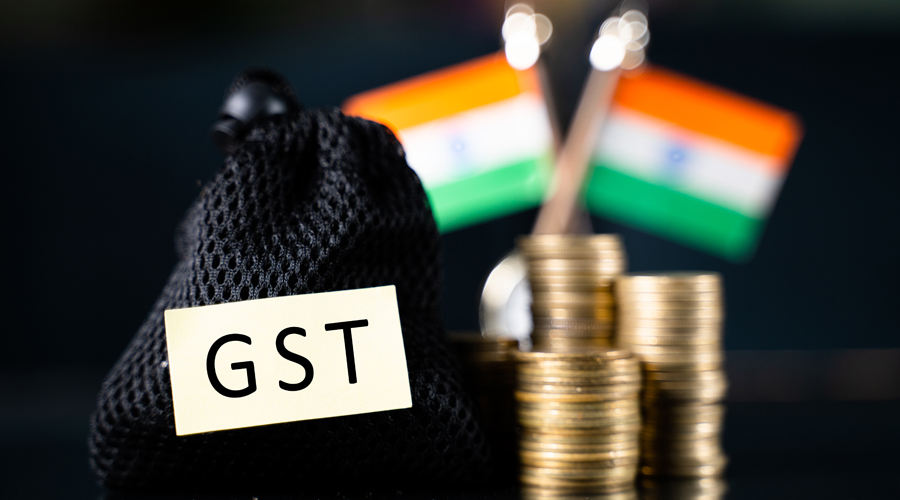Domestic gas producers have pitched to bring natural gas within the ambit of the GST to boost the use of the environment friendly fuel and increase its share in the energy basket. They have also sought the lowering of import duty on LNG to make it competitive with polluting liquid fuel.
Natural gas is outside the ambit of the GST, and existing legacy taxes — central excise duty, state VAT, central sales tax — continue to be applicable on the fuel.
In its pre-budget memorandum to the finance ministry, the Federation of Indian Petroleum Industry (Fipi), an industry body that represents the likes of Reliance Industries as well state-owned firms, also demanded the reductionof the GST on the transportation of natural gas through pipeline as well as on the re-gasification of imported LNG.
India plans to raise the share of natural gas in the country's primary energy basket to 15 per cent by 2030 from 6.2 percent.
“Non-inclusion of natural gas under the GST regime is having adverse impact on natural gas prices due to stranding of taxes in the hands of gas producers/suppliers and is also impacting natural gas-based industries due to stranding of legacy taxes paid on it,” Fipi said.
The VAT rate on natural gas is very high in some states — Andhra Pradesh levies 24.5 per cent tax, Uttar Pradesh 14.5 per cent, Gujarat 15 per cent and Madhya Pradesh 14 per cent.
The inclusion of natural gas under the GST is required to provide uniform taxation and to encourage free trade of it across the country without any tax anomalies.
Duty cut
The industry body also sought the lowering of import duty on LNG to make it competitive with polluting liquid fuel. Liquefied natural gas (LNG) is a clean fuel and mainly used in the fertiliser and power sector.
Recognising the shortage of gas in the country, the government has encouraged the import of LNG. The import of LNG attracts customs duty of 2.5 per cent plus SWS (social welfare surcharge) of 10 per cent.
"However, the basic customs duty levied on import of crude oil is only Rs 1 per tonne. Since LNG falls in the same logical category as crude oil, they must have the same level of taxation as applied to crude oil," it said.
The Import of LNG for exclusive consumption in generation of electric energy for public distribution is exempt from custom duty subject to certain conditions. However, other important sectors such as fertiliser, LPG, CNG and petrochemicals bear the burden of effective custom duty of 2.75 per cent.
Fipi said the imported LNG has to be re-gasified and converted into natural gas (known as RLNG — regasified liquefied natural gas) for transportation and consumption in India. The activity of regasification of LNG presently attracts a high GST of 18 per cent.
"The levy of GST at a higher rate of 18 per cent on the regasification of LNG increases the landed cost of imported LNG for domestic industrial consumers. Natural gas is kept outside the ambit of GST (but) regasification of LNG is under the GST ambit resulting in the stranding of taxes, and a higher rate of tax owing to limited clarification is reducing the competitiveness of RLNG with other polluting fuels," it said.
Fipi also sought the rationalisation of GST rate on services of transportation of natural gas through pipeline by levying 5 per cent tax with input tax credit (ITC) benefit instead of present 12 per cent.











